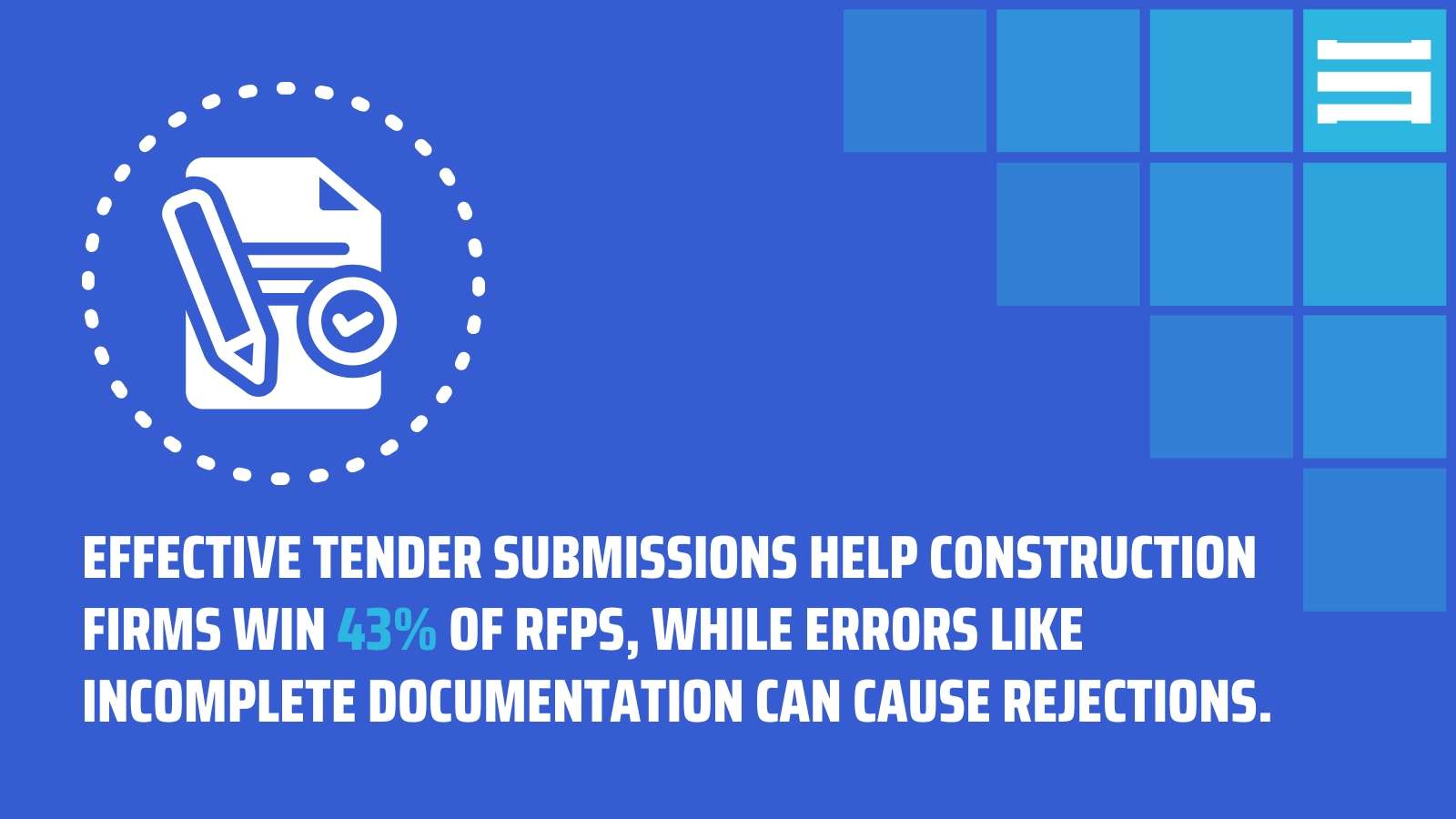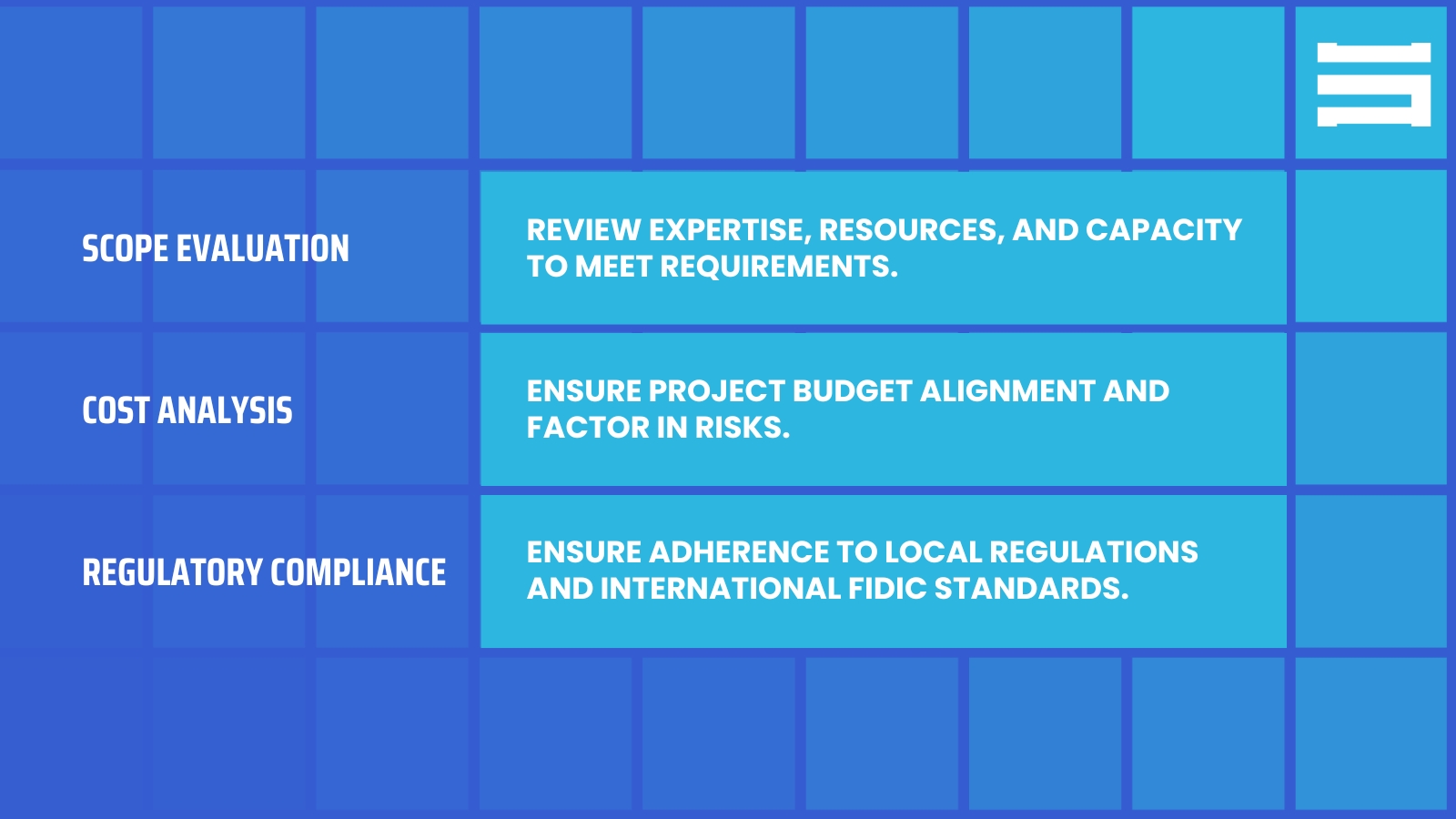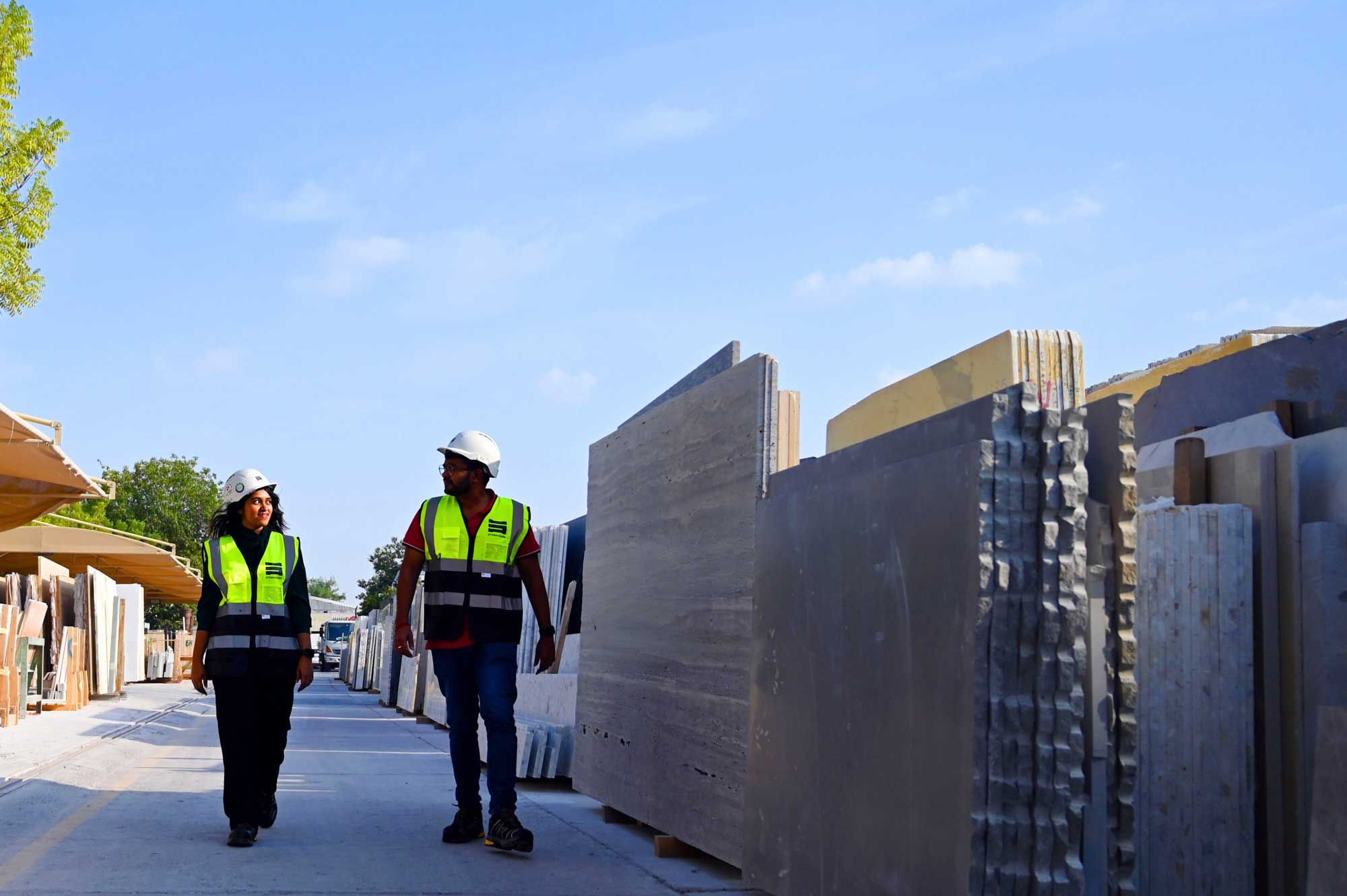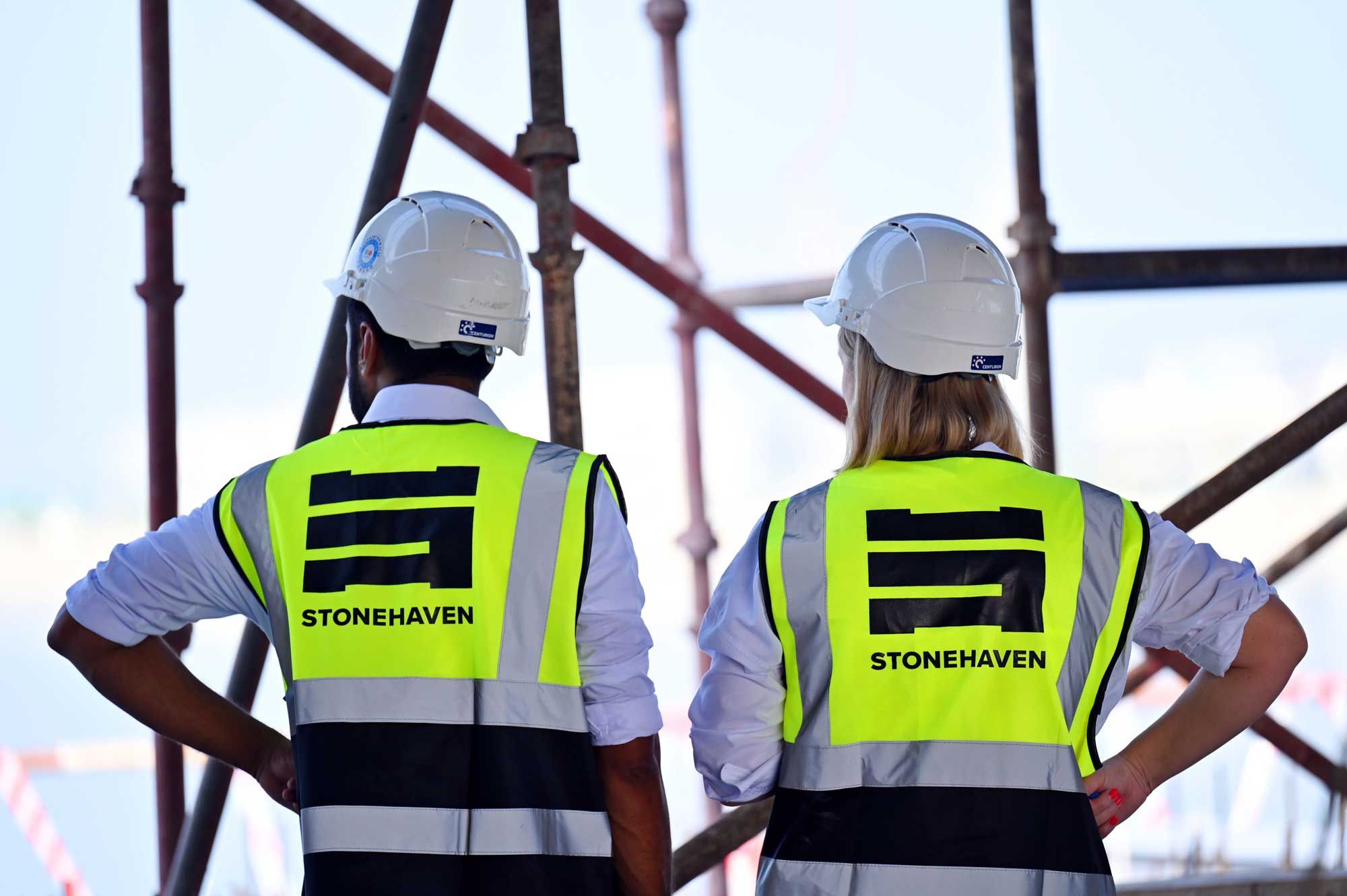The construction industry operates in a fiercely competitive environment, where securing the right contracts often hinges on the quality of tender submissions. Tender documents are not just a formality; they serve as a critical bridge between contractors and clients, outlining project specifics, compliance measures, and cost structures. Whether for private company tenders or high-value government contracts, meticulous preparation of tender documents is the foundation of success.
From commercial construction tenders to open tendering in construction, preparing bids that meet client expectations and stand out among competitors is key to winning contracts. This blog delves into everything you need to know about construction tenders, including strategies, preparation methods, and how to avoid common mistakes. With a special focus on UAE construction tenders—where adherence to regulatory frameworks such as FIDIC tender documents is paramount—you'll gain insights into how to maximise your chances of winning contracts while maintaining profitability and compliance.
What is a Construction Tender?
A construction tender document is a comprehensive set of information that defines the scope, terms, and expectations for a construction project. It serves as a critical communication tool between project owners (clients) and contractors, ensuring transparency and clarity in the bidding process. The document not only outlines the project’s technical and financial requirements but also establishes the framework for compliance, evaluation, and eventual contract execution.

Construction tender documents typically include the following key components:
- Project Overview and Scope of Work - This section provides a detailed description of the construction project, including its purpose, goals, and key deliverables. It sets the foundation for what the project owner expects from the contractor. The scope of work outlines specific tasks, materials, and methods that will be used, giving contractors a clear understanding of the project’s requirements and complexity.
- Instructions to Tender - Instructions to tender serve as the guidelines for submitting a bid, ensuring that all contractors adhere to a standardised process. These instructions specify the submission deadline, required documentation, and formatting expectations. This section helps eliminate confusion and ensures that all bids can be evaluated on an equal footing, reducing the risk of disqualification for non-compliance.
- Evaluation Criteria - The evaluation criteria outline how the client will assess the submitted bids, detailing the weightage of factors such as cost, technical capability, sustainability practices, and timeline feasibility. Contractors can use this information to tailor their proposals, emphasising aspects that align with the client’s priorities. This transparency ensures fairness and enables contractors to submit more targeted bids.
- Legal and Regulatory Requirements - This section ensures that all submissions comply with applicable laws, standards, and contractual frameworks. It often includes adherence to local building codes, environmental standards, and international frameworks. This component is critical for preventing legal disputes and ensuring smooth project execution.
- Cost Breakdown and Pricing Template - Clients often provide a pricing template to standardise cost presentations, making it easier to compare bids. This section requires contractors to provide a transparent and itemised breakdown of costs, including labour, materials, equipment, and contingencies. A well-prepared cost estimate helps demonstrate financial feasibility and reliability.
- Terms and Conditions - The terms and conditions section define the contractual obligations of both the client and the contractor. It includes clauses on payment terms, timelines, deliverables, penalties for delays, and dispute resolution mechanisms. This section ensures accountability and sets clear expectations, minimising potential conflicts during the project.
For contractors, a tender document is the foundation of their bid, shaping how they present their technical expertise, financial viability, and innovative solutions. In competitive markets in the UAE, a well-prepared tender document can make the difference between securing a project or losing out to competitors.
Effective tender submissions are crucial in the construction industry, as construction management firms, reportedly win 43% of their Requests for Proposals (RFPs) on average. However, common mistakes in tender preparation, like incomplete documentation, non-compliance with guidelines, and cost miscalculations, can lead to disqualification or rejection.
What is a Tender Strategy?
A tender strategy is a roadmap that guides contractors in planning and executing their bids for construction projects. It begins with an understanding of the client’s requirements, the competitive landscape, and the financial implications of the project. Before preparing the tender document, it is important to figure out the tender strategy and how to present a compelling proposal that aligns with the client’s goals while showcasing the contractor's unique value proposition.
For tenders for construction work, particularly in markets like the UAE, where government and private projects demand high standards, the strategy must be comprehensive. This includes evaluating whether the project fits within the company’s expertise and capacity. Additionally, contractors must consider the resources required for the project and how these align with the tender’s timeline and budget.
A solid tender strategy also involves risk management. By analysing potential project risks—which are usually unforeseen site conditions, delays, or material shortages—contractors can account for these in their proposal. Effective tender strategies are not just about winning bids but also ensuring the project remains profitable and successful throughout its lifecycle.
In the UAE construction industry, where regulations and competition are intense, adhering to international standards can set bids apart. Moreover, having a proactive tender strategy helps avoid last-minute rushing, which can lead to errors and disqualification. For open construction tenders, where competition is especially high, engaging a professional tender document preparation service can be invaluable in refining this strategy.
What is the Best Way to Prepare a Tender Proposal?

Preparing a tender proposal involves much more than filling out forms and meeting deadlines. A strong proposal is the result of meticulous planning, accurate calculations, and a deep understanding of the client’s requirements. The process starts with careful analysis of the tender invitation or request for proposal (RFP). This document contains crucial details about the project, from scope and budget to specific compliance requirements.
One of the most critical aspects of tender proposal preparation is ensuring clarity and precision in cost estimations. Clients need to know not only the total cost but also how the contractor has arrived at that figure. A well-prepared proposal breaks down costs into understandable components, ensuring transparency and avoiding disputes later. This is particularly important for commercial construction tenders, where clients scrutinise financial details rigorously.
Another key factor is compliance. Each tender has unique requirements, such as specific documents required for government tenders or open tendering in construction. Failure to meet these requirements often results in outright rejection. Professional services, like Stonehaven’s tender document preparation service, ensure compliance by cross-checking every element of the proposal against the client’s stipulations.
To make a tender proposal stand out, it’s also essential to highlight value engineering. This involves presenting innovative ideas or methods that save costs or improve efficiency without compromising on quality. Additionally, a compelling narrative that showcases the contractor’s experience, expertise, and successful project track record can greatly enhance the proposal’s appeal.
Finally, formatting matters. A poorly structured or cluttered document can detract from its content. Engaging a tender document designer to present the information professionally and persuasively can be a game-changer.
What May Cause a Tender to be Rejected?
Tender rejection is a costly mistake that contractors cannot afford, especially in competitive markets like the UAE. Understanding the common reasons behind rejection is the first step in avoiding them. One major cause is incomplete documentation. Tenders often require a range of documents, from financial records and technical drawings to compliance certificates. Missing even one document can lead to disqualification, particularly in government tenders where compliance is strictly enforced.
Non-compliance with guidelines is another frequent error. Every tender has specific instructions on how the proposal should be structured, the information it must include, and the format it should follow. Ignoring these guidelines—whether it’s failing to adhere to regulations or using the wrong currency for cost estimates—can result in rejection.
Cost miscalculations are another significant factor. Overestimating costs may make a proposal less competitive, while underestimating them can lead to questions about the contractor’s reliability and financial stability. A detailed and realistic cost analysis is therefore crucial.
Lack of clarity in the proposal is also a common issue. Ambiguous language, vague timelines, or poorly defined deliverables can create doubt in the client’s mind about the contractor’s ability to execute the project effectively. This is particularly true for open construction tenders, where clear and concise submissions often make the difference between success and failure.
Lastly, submitting tenders after the deadline is an unforgivable mistake. Time management and planning are critical to ensure all elements of the tender are completed and submitted on time. Engaging professional tender management services like those offered by Stonehaven can help avoid these pitfalls by providing structured workflows and thorough reviews.
How Do You Analyse Tenders?

Tender analysis is a critical step in the preparation process. Before submitting a bid, contractors must thoroughly evaluate the tender requirements, the project’s scope, and the potential challenges. This ensures that the bid not only meets the client’s expectations but is also viable and profitable for the contractor.
One of the first steps in analysing a tender is reviewing the project specifications and deliverables. Contractors should ask themselves whether their team has the expertise, resources, and capacity to meet these requirements. If the project involves specialised skills or technology, this must be factored into the analysis.
Another crucial aspect is cost analysis. Contractors need to assess whether the project’s budget aligns with their cost estimates and profit margins. This includes considering potential risks, like fluctuating material prices or unforeseen site conditions. Adding a contingency fund to the budget can help mitigate these risks.
Regulatory compliance is another key focus of tender analysis. For tenders for construction work in the UAE, contractors must ensure that their proposal aligns with local regulations, as well as international standards. Failure to comply can lead to legal disputes or project delays.
Understanding the competition is also important. By analysing past tenders and current market trends, contractors can identify what sets their bid apart. This might include offering innovative solutions, demonstrating superior expertise, or leveraging sustainability initiatives.
Finally, tender analysis should include a review of the client’s expectations. Understanding the client’s priorities—whether it’s cost savings, timely delivery, or innovative design—enables contractors to tailor their proposal accordingly. Professional tender management consultancy services like Stonehaven can provide valuable insights during this stage, ensuring a well-rounded and competitive bid.
Conclusion
The UAE construction market offers vast opportunities through open construction tenders and government projects. However, it also brings its own set of challenges, whether it is complying with strict regulations. By focusing on client priorities, aligning proposals with evaluation criteria, and maintaining professionalism in every aspect of tender preparation, contractors can navigate these complexities and secure profitable projects.
At the heart of this process is the understanding that a well-prepared tender is not just about winning contracts but also about building long-term credibility and fostering trust with clients. Whether for private or government projects, investing time and resources into tender preparation pays off in both short-term successes and sustained growth.
About us
Stonehaven is a trusted project management company and construction consultant based in Dubai, offering comprehensive construction management services across the UAE with offices located in Dubai, UK and Sri Lanka. As one of the leading project management companies in Dubai, we manage projects from inception to completion, ensuring quality, efficiency, and cost-effectiveness at every stage.
We deliver value through expert project management consultancy services, tailored to meet the unique needs of each client. Our core services include Cost Management, Project Management, Construction Supervision, Engineering Support, Design Support, and Marketing & Communications. Whether you’re looking for construction consultants or project managers in the UAE and wider GCC region, Stonehaven is your trusted partner for achieving excellence in your next project.
At Stonehaven, we are committed to providing expert tender document preparation and contract drafting services tailored to the construction industry. With years of experience in navigating the complexities of open tendering in construction, we specialise in preparing bids for commercial construction tenders, open construction tenders, and high-value government projects. Our services ensure that your submissions are compliant, professional, and competitive.
Ready to elevate your tender submissions? Contact Stonehaven today to transform your tendering process and secure contracts that drive your business forward.

















